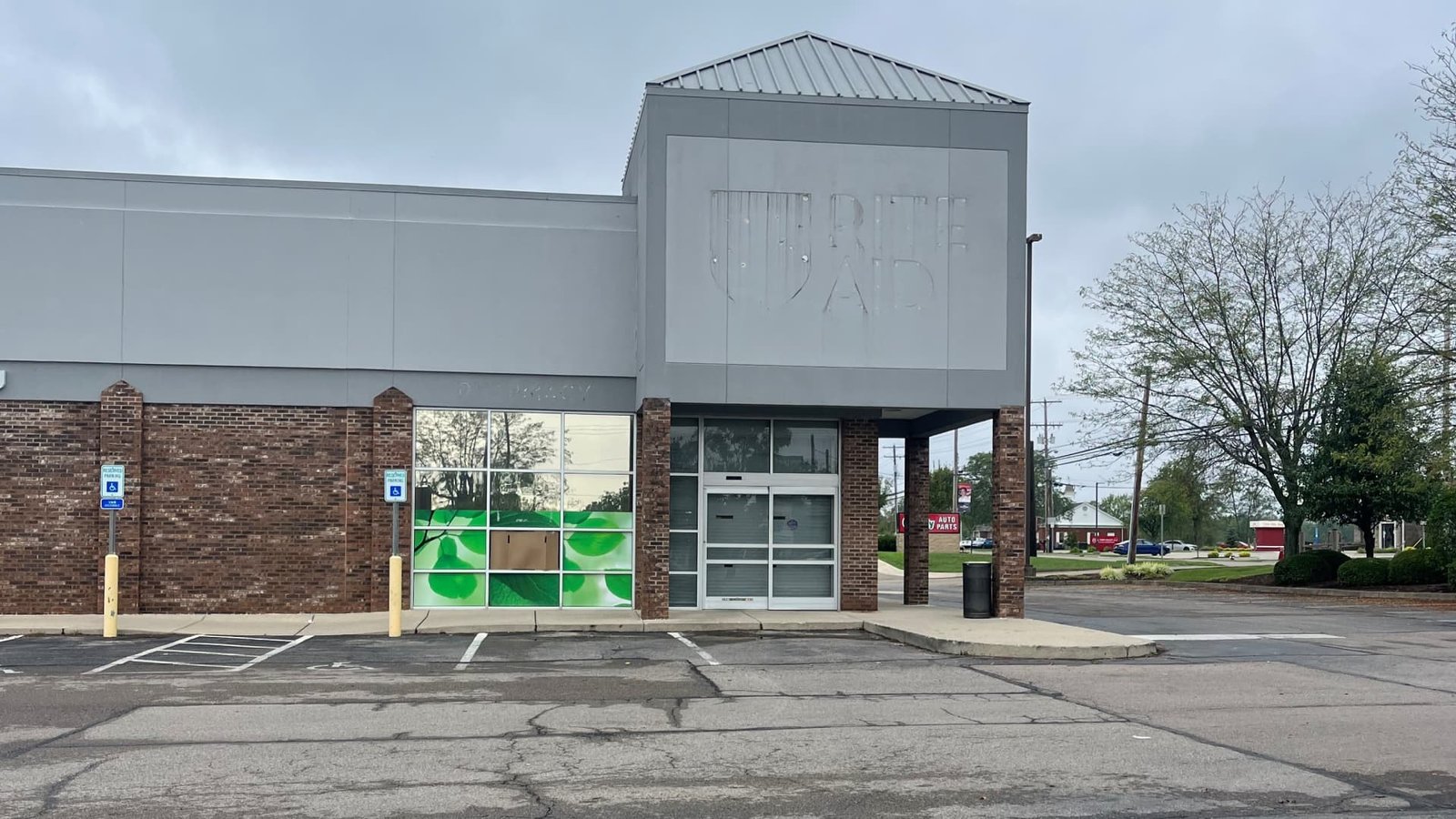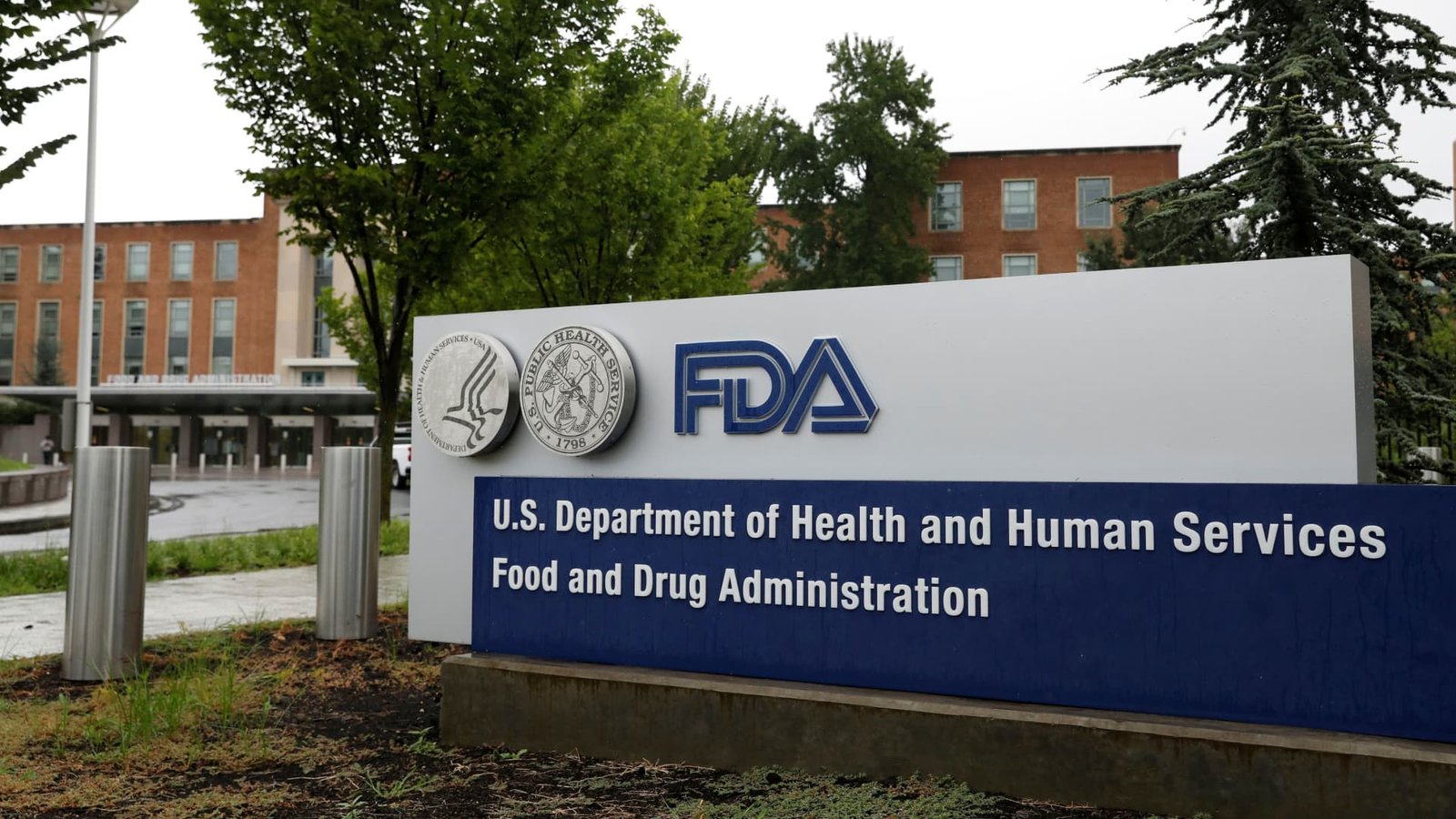New Lebanon, Ohio, with a population of 3,756, boasts three dollar stores, a Groceryland grocery store, a few fast-food restaurants, a public library branch, and a spirit-filled school system. However, what it lacks is a pharmacy.
In October 2023, as part of Rite Aid’s bankruptcy filing, the chain announced the closure of 800 stores, with Ohio being significantly impacted, including 180 closings in struggling small towns or Rust Belt cities. Rite Aid currently operates 1,700 locations, down from the 2,111 reported at the time of bankruptcy, with plans to emerge from bankruptcy with about 1,300 stores. New Lebanon’s Rite Aid closed in September, leaving the town without a pharmacy.
New Lebanon Mayor David Nickerson expressed concern over the absence of a pharmacist in the community, especially for elderly residents uncomfortable traveling to pharmacies in neighboring towns. The closure of New Lebanon’s Rite Aid has forced residents to travel 30 minutes away to a Walgreens in Dayton for prescriptions.
The impact of pharmacy closures extends beyond New Lebanon, with Ohio facing a significant reduction in Rite Aid stores. Experts attribute the challenges faced by retail pharmacies to various factors, including declining reimbursement rates, competition for sales, and the influence of pharmacy benefit managers (PBMs).
Miranda Rochol, a healthcare industry expert, points to PBMs as a major contributor to the pharmacy desert phenomenon. The dominance of PBMs in negotiating drug prices and reimbursement rates has led to financial struggles for smaller pharmacies, exacerbating the issue of pharmacy closures in rural areas.
The debate over PBM practices continues, with conflicting perspectives from industry stakeholders. While some defend PBMs, others advocate for reform to address the impact on independent pharmacies and access to medication for patients. The National Association of Chain Drug Stores is pushing for legislative reforms to regulate PBM practices and ensure fair reimbursement for pharmacies.
As pharmacies face increasing challenges, patients are urged to explore alternative methods to access medications, such as prescription delivery services and in-house pharmacy options at local hospitals. The closure of neighborhood pharmacies not only impacts access to medication but also disrupts the pharmacist-patient relationship, which plays a crucial role in community health.
Despite the evolving landscape of retail pharmacies, advocates emphasize the importance of preserving the human aspect of pharmacy services. The closure of drug store chains like Rite Aid underscores the need to recognize the value of neighborhood pharmacists in providing holistic care and serving as a vital link in the healthcare system.
In New Lebanon, city officials and residents lament the loss of their pharmacy and the impact it has on the community. The absence of a local pharmacy highlights the challenges faced by small towns in maintaining essential services and underscores the need for sustainable solutions to address pharmacy deserts.




